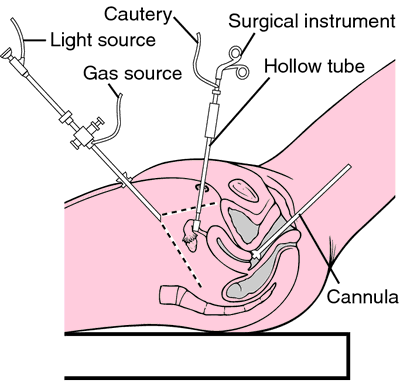 Auremar/PhotoSpin
Auremar/PhotoSpin
The science of human sexuality is young. For most of the last century, we assumed that men and women approach sex in roughly the same way.
I know: Crazy. But as I said, the science is young.
Older models (Masters & Johnson, Kaplan) theorized that sex for people happens in a few neat, linear stages, beginning with desire, proceeding next to arousal, then orgasm, and finally satisfaction.
But it doesn’t always work that way, particularly for women, and especially for women over 40.
More recent researchers who focus on women’s sexuality, confirm that really, women do not experience sex in this simple, linear way. We sometimes skip phases. Our reasons to have sex are many and often complex.
We can be perfectly satisfied with sex that does not include orgasm, and we can reach orgasm without desire. We are flexible that way.
Enter Rosemary Basson, MB, FRCP, of the University of British Columbia. Basson formalized a new model of female sexuality that is now widely accepted.
She offers two key insights. First: Female sexual desire is generally more responsive than spontaneous. That is, we are more likely to respond to sexual stimuli—thoughts, sights, smells, and sounds—than we are to spark an interest in sex out of thin air (Men, on the other hand, specialize in this).
Another key insight: Emotional intimacy matters to women. I know, that doesn’t sound like a news flash, but in the realm of the biological sciences, it’s news, trust me.
So Basson drew a new model—not a linear series of steps, but a circle that includes both sexual stimuli—the thoughts that trigger a woman to take an interest in sex, and emotional intimacy—the emotional payoffs of the experience that lead her to want to come back for more.
I love Basson’s model and use it every day in my practice to help my patients understand how sex really works for us.
We need to understand that it’s okay and it’s normal that we don’t always start with desire. And as we enter menopause, and our hormone levels drop, spontaneous thoughts about sex, and responsiveness to opportunities for sex diminish for most of us. That’s natural and normal too.
If you don’t like the situation, and you want to feel more sexual, more responsive, Basson’s model gives us the hint: We need to stimulate our minds. The more sexual stimuli we receive, the more sexual we feel.
So, this is worth thinking about today, a worthy discussion to have with your partner: What makes you feel sexy? A juicy romance novel? A James Bond movie? Erotic art? Pretty underpinnings? A romantic dinner? Having your partner empty the dishwasher? Spend some time thinking about that. Maybe make a list. And then provide for these things. Sexy is as sexy does, friends.




Add a CommentComments
There are no comments yet. Be the first one and get the conversation started!